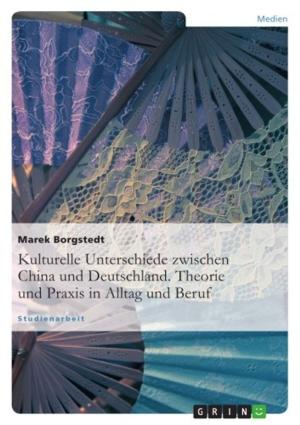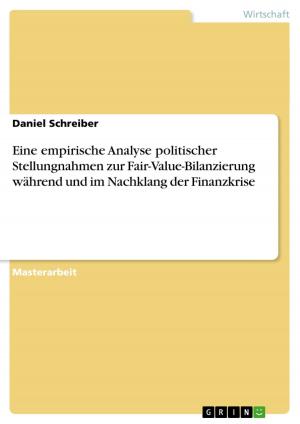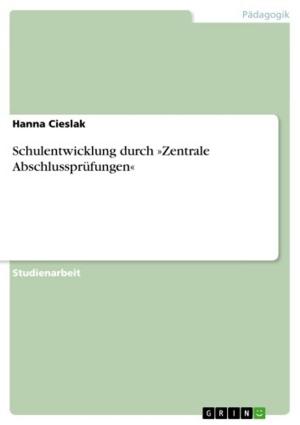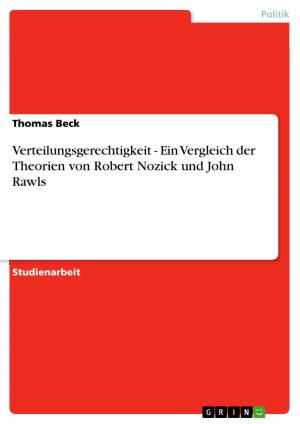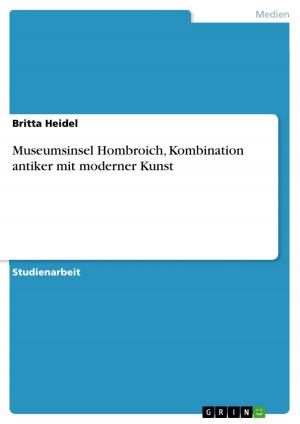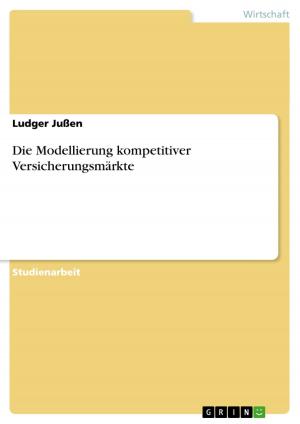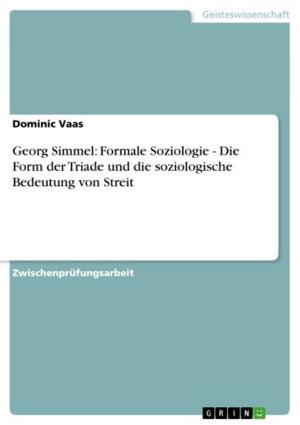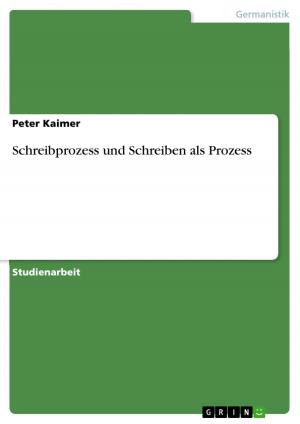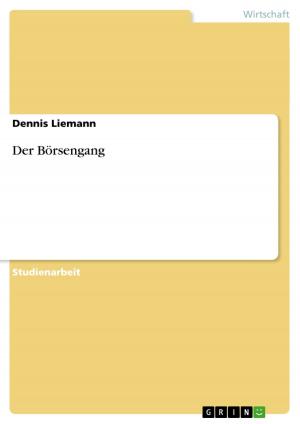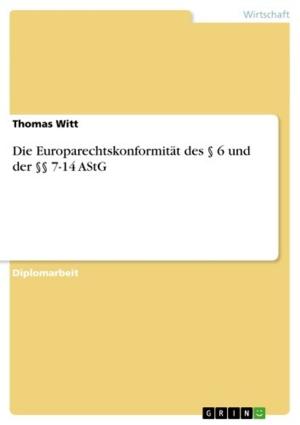Compounds - Main Properties and Problems
Nonfiction, Reference & Language, Study Aids, ESL, Foreign Languages| Author: | Philipp Kock | ISBN: | 9783640730858 |
| Publisher: | GRIN Verlag | Publication: | October 21, 2010 |
| Imprint: | GRIN Verlag | Language: | German |
| Author: | Philipp Kock |
| ISBN: | 9783640730858 |
| Publisher: | GRIN Verlag |
| Publication: | October 21, 2010 |
| Imprint: | GRIN Verlag |
| Language: | German |
Studienarbeit aus dem Jahr 2008 im Fachbereich Englisch - Pädagogik, Didaktik, Sprachwissenschaft, Note: 2,7, Philipps-Universität Marburg (Anglistik), Veranstaltung: Morphology and Syntax, Sprache: Deutsch, Abstract: 1. Introduction This termpaper deals with compounding, an important process of word formation. Ingo Plag wrote that compounding was the most productive type of word formation but also the most controversial one, he forewarns his readers because 'compounding is a field of study where intricate problems abound, numerous issues remain unsolved and convincing solutions are generally not so easy to find' (Plag 2006, 132). Due to this high productivity, compounding can be regarded as the most fundamental complex cognitive representations of the mental lexicon (Libben 2006, vi). Compounds are 'extremely widespread among the world´s languages and represent perhaps the easiest way to form a new cognitive representation from two or more existing ones' (Libben 2006, vi). Laurie Bauer claims that 'no known language is without compounds, and in many languages compounds are the main type of a new lexeme' (Bauer 1988, 33/34). This termpaper focuses on compounds and their properties including subcategories, productivity and the problems that can occur among compounds like questions of stress and categorization difficulties. The first part will deal with the definition of compounds, all the compound subcategories and also with productivity of compounds. In the second part, questions of stress and difficulties of categorization will be examined.
Studienarbeit aus dem Jahr 2008 im Fachbereich Englisch - Pädagogik, Didaktik, Sprachwissenschaft, Note: 2,7, Philipps-Universität Marburg (Anglistik), Veranstaltung: Morphology and Syntax, Sprache: Deutsch, Abstract: 1. Introduction This termpaper deals with compounding, an important process of word formation. Ingo Plag wrote that compounding was the most productive type of word formation but also the most controversial one, he forewarns his readers because 'compounding is a field of study where intricate problems abound, numerous issues remain unsolved and convincing solutions are generally not so easy to find' (Plag 2006, 132). Due to this high productivity, compounding can be regarded as the most fundamental complex cognitive representations of the mental lexicon (Libben 2006, vi). Compounds are 'extremely widespread among the world´s languages and represent perhaps the easiest way to form a new cognitive representation from two or more existing ones' (Libben 2006, vi). Laurie Bauer claims that 'no known language is without compounds, and in many languages compounds are the main type of a new lexeme' (Bauer 1988, 33/34). This termpaper focuses on compounds and their properties including subcategories, productivity and the problems that can occur among compounds like questions of stress and categorization difficulties. The first part will deal with the definition of compounds, all the compound subcategories and also with productivity of compounds. In the second part, questions of stress and difficulties of categorization will be examined.

